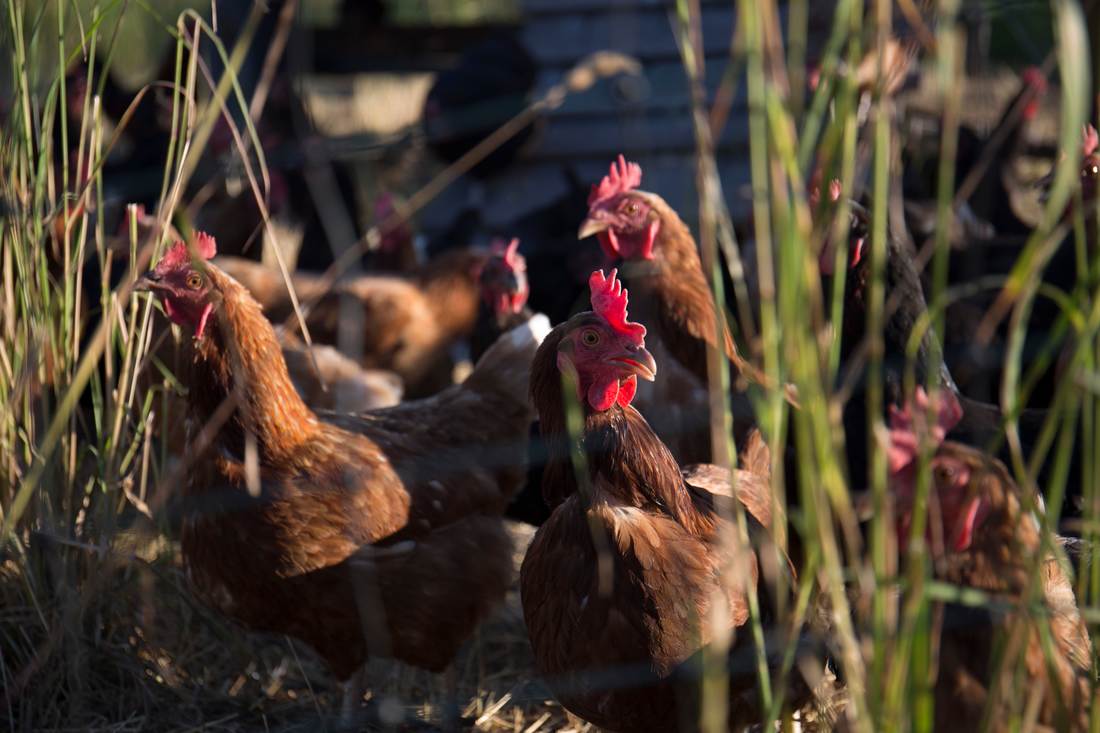|
My Internship at Golden Ears farm was all I could’ve asked for coming from the Sustainability program at Dalhousie University, where I learned about the pressing issue of rapid climate change and humanity being the driving force behind it. The program was a more holistic approach to education than I had ever experienced by bringing in professors from a diverse set of disciplines to share their perspective. The program thoroughly explained the history, challenges, and future implications for dealing with climate change.
I was then motivated to start getting my hands dirty and learn some hands-on skills and figured organic farming was the most important action to take as the majority of greenhouse gases are a result of the widespread transition to an industrialized food system. Many of us have assumed that climate change is only due to our rapid transportation around the world, which in a large part it is -- but I was surprised by how crucial the state of our food system is to climate change. Food production requires our most precious resource in water, and our time and energy at the organic level. As you go up the industrial scale, however, with the use of tractors, pesticides, chemical fertilizers and other intensive inputs (which increases the volume of work that can be done in the same amount of time), something is lost in quality and the combination of increased inputs and mechanization contributes a great deal to greenhouse gas production. While working at Golden Ears I was able to put an image to the quantity of water it takes to grow food and saw a great example of the importance of diversity being the key to climate change resilience. The consequences of climate change are quite hard to predict and will fluctuate through the seasons and years, as I saw when I arrived back in Ottawa with the non-native emerald ash borer wiping out most of the ash trees. The best way to combat this uncertainty is to diversify, as some crops might struggle while others will succeed. Golden Ears was a great example of how we can succeed through the challenges of climate change by creating whole systems that take into account many factors that are too often forgotten in the industrial process, where temporary fixes are the response to problems that inevitably arise.
0 Comments
Leave a Reply. |

Photo credit: Martín Bustamante
Archives
June 2020
Categories |
 RSS Feed
RSS Feed
